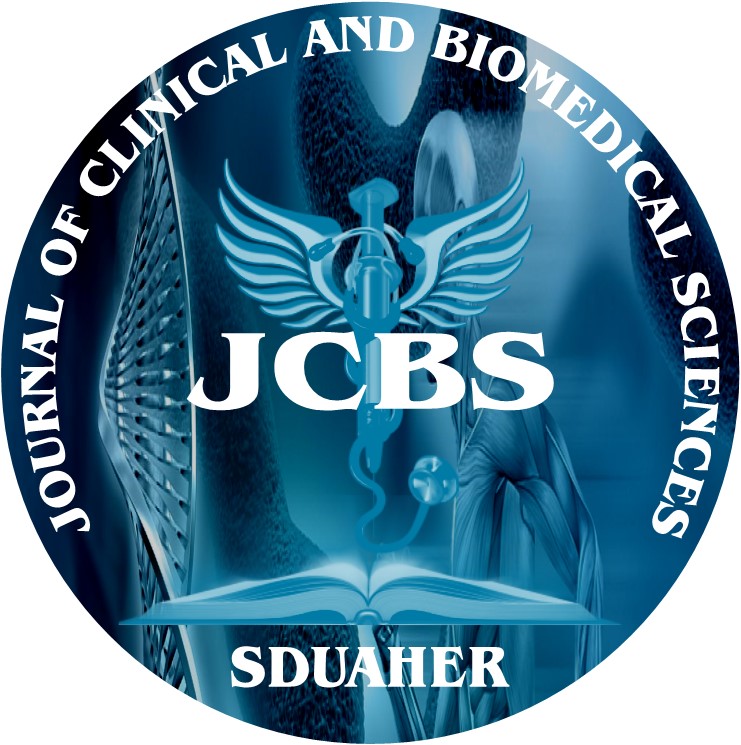


Journal of Clinical and Biomedical Sciences
Year: 2016, Volume: 6, Issue: 3, Pages: 96-99
Short communications/brief reports
Silvia Surekha J1*, Punitha M2
1. Professor and Head
2. Associate Professor, Department of OBG Nursing, Sri Devaraj Urs College of Nursing, Kolar, Karnataka, India.
*Corresponding Author
E-mail: [email protected]
Background: Adolescence is second decade of life marking the transaction from adulthood. These are the premature years where maximum amount of physical, physiological & behavioral changes takes place. In India the female child is neglected and menstruation is still regarded as something unclean or dirty. The menstrual practices are still clouded by taboos and socio cultural restrictions resulting in unhygienic health practices which sometimes results with adverse health outcomes such as reproductive tract infec-tions. Therefore improved knowledge about menstruation from childhood may escalate safe practices and help in mitigating the suffering of millions of women. Materials and Methods: The research design select-ed for this study was pre- experimental one group pretest & post tests design. Forty adolescent girls were selected using convenient sampling technique. The study was conducted at R.L. Jalappa central school, Ko-lar. The instrument used for the study was self administered structured knowledge questionnaire. Results: The results showed that there was significant difference between pre-test & post test knowledge score and also revealed that there was significant association between mean knowledge score with age, education sta-tus of the mother and presence of elder sister in the family. Conclusions: The study concludes that struc-tured teaching programme could be an effective strategy to improve the knowledge of adolescence girls on menstrual hygiene.
Keywords: Structured teaching programme, menstrual hygiene, adolescent girls.
Subscribe now for latest articles and news.